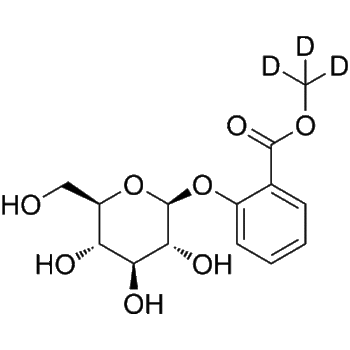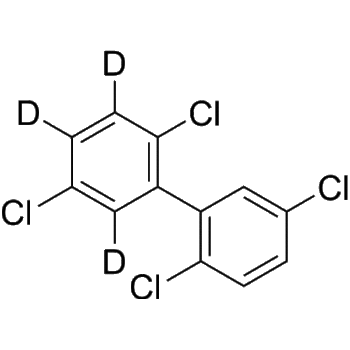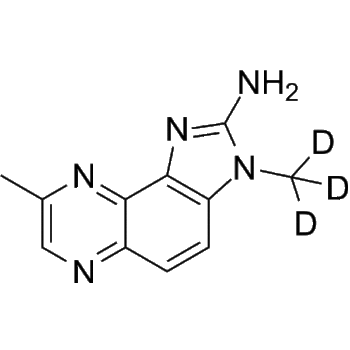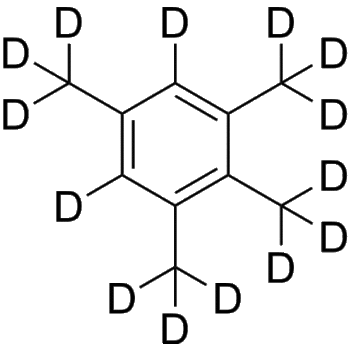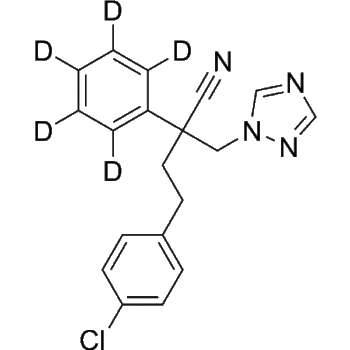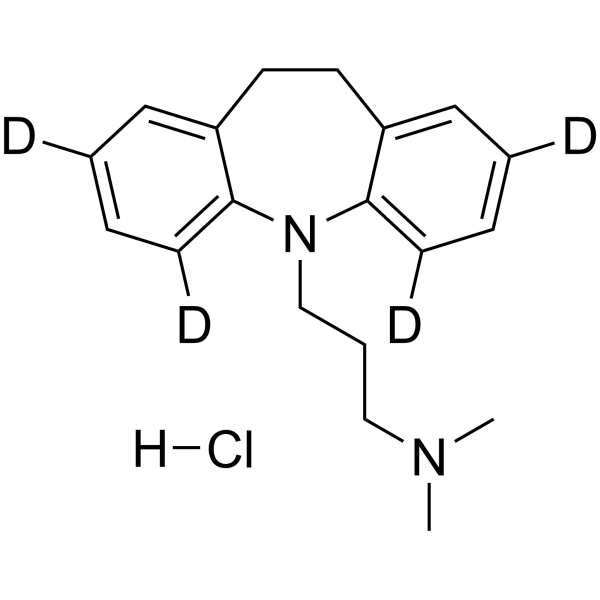
Download Files:
Imipramine-d4 (hydrochloride)
$340
Only 1000 item(s) left in stock.
Products Details
Product Description
– Imipramine-d4 (hydrochloride) is the deuterium labeled Imipramine hydrochloride. Imipramine hydrochloride is an orally active tertiary amine tricyclic antidepressant. Imipramine hydrochloride is a Fascin1 inhibitor with antitumor activities. Imipramine hydrochloride also inhibits serotonin transporter with an IC50 value of 32 nM. Imipramine hydrochloride stimulates U-87MG glioma cells autophagy and induces HL-60 cell apoptosis. Imipramine hydrochloride shows neuroprotective and immunomodulatory effects[1][2][3][4][5][6].
Web ID
– HY-B1490S
Storage Temperature
– 4°C (Powder, sealed storage, away from moisture and light)
Shipping
– Room Temperature
Molecular Formula
– C19H21D4ClN2
References
– [1]Russak EM, et al. Impact of Deuterium Substitution on the Pharmacokinetics of Pharmaceuticals. Ann Pharmacother. 2019;53(2):211-216. |[2]Alburquerque-González B, et al. New role of the antidepressant imipramine as a Fascin1 inhibitor in colorectal cancer cells. Exp Mol Med. 2020 Feb;52(2):281-292.|[3]Jeon SH, et al. The tricyclic antidepressant imipramine induces autophagic cell death in U-87MG glioma cells. Biochem Biophys Res Commun. 2011 Sep 23;413(2):311-7. |[4]Xia Z, et al. The antidepressants imipramine, clomipramine, and citalopram induce apoptosis in human acute myeloid leukemia HL-60 cells via caspase-3 activation. J Biochem Mol Toxicol. 1999;13(6):338-47. |[5]Ramirez K, et al. Imipramine attenuates neuroinflammatory signaling and reverses stress-induced social avoidance. Brain Behav Immun. 2015 May;46:212-20.|[6]Balkovetz DF, et al. Evidence for an imipramine-sensitive serotonin transporter in human placental brush-border membranes. J Biol Chem. 1989 Feb 5;264(4):2195-8.
CAS Number
– 61361-33-9
Molecular Weight
– 320.89
Compound Purity
– 99.63
SMILES
– CN(C)CCCN1C2=C([2H])C=C([2H])C=C2CCC3=CC([2H])=CC([2H])=C31.Cl[H]
Clinical Information
– No Development Reported
Research Area
– Cancer; Inflammation/Immunology; Neurological Disease
Solubility
– 10 mM in DMSO
Target
– Apoptosis;Autophagy;Serotonin Transporter
Pathway
– Apoptosis;Autophagy;Neuronal Signaling
Product type
– Isotope-Labeled Compounds
Disclaimer: All products are for Research use only unless clearly stated otherwise on the product datasheet. Datasheets provided on the website are drafts for reference purpose only and you are requested to always refer to the hard copy included in the kit for your experimentation. Agdia Products are available for delivery only in Canada.

